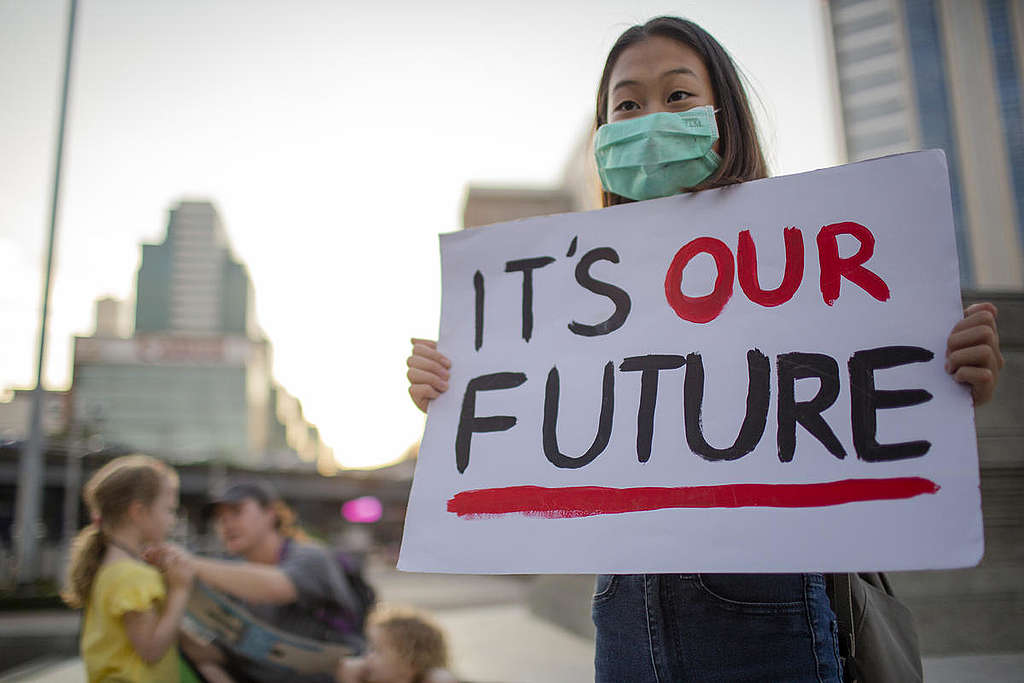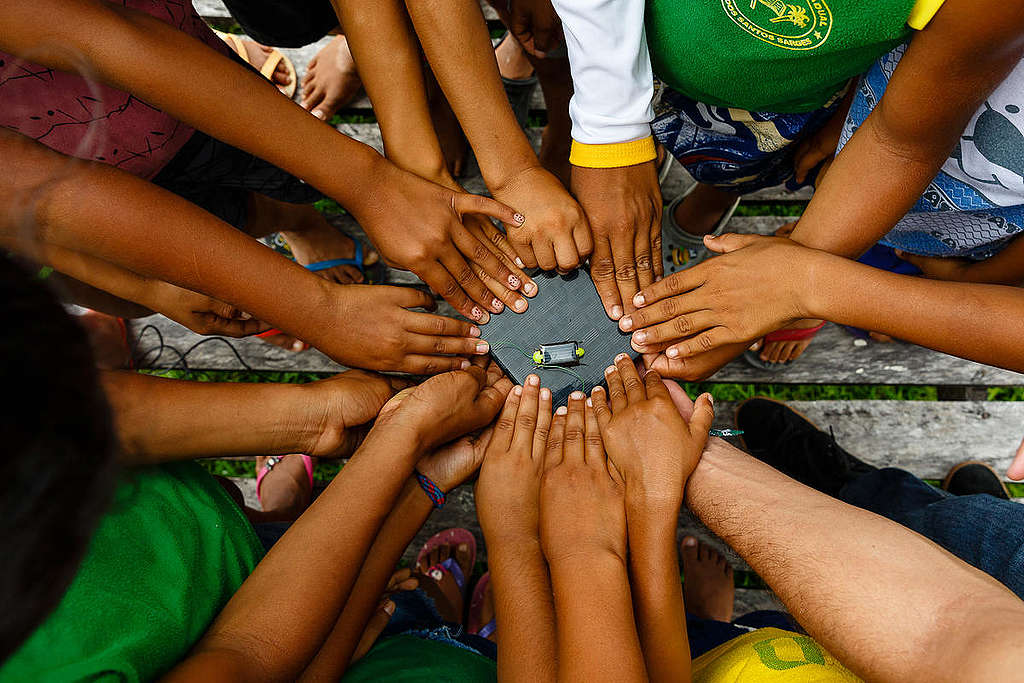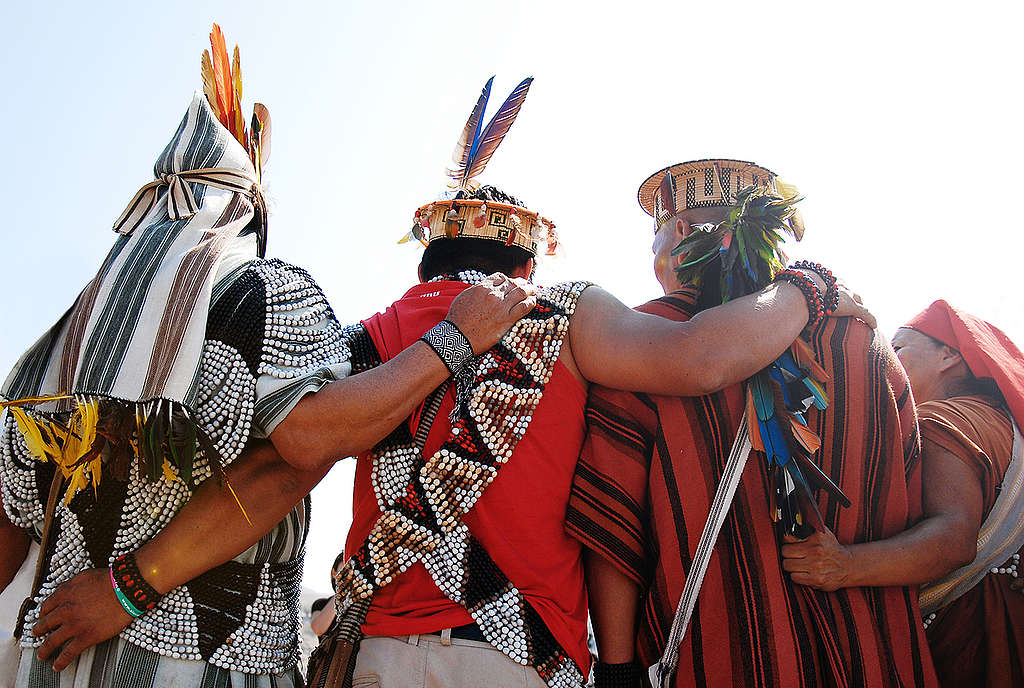Imagine we could travel forward 10 years in time. Imagine the year 2032 – what seems impossible now has become real. Imagine a planet that has undergone the most extraordinary social, economic and cultural transformation.
What if we were just a decade away from a world where we put people and the planet before growth and profit? We might still be suffering from the impacts of climate change, but now we are more resilient thanks to a green economy and a more inclusive, equitable and just society.
I'd like to think this world could be a reality if we take action today. Isn't it time for us to see and learn from our mistakes and come together to reimagine our future?

I'm sure you've noticed how recent events have shown how fragile our world is and how interconnected the climate and biodiversity crises are with the systemic challenges the world faces.
For example, COVID-19 highlighted how heavily we rely on caregivers and informal workers. How can we make sure our economy, governments and corporations acknowledge and account for how vital they are to our societies?
The war in Ukraine has driven rapid rises in our food and fuel prices and revealed the inadequacies of our current food and energy systems. The food and energy sector is highly dependent on fossil fuels and dominated by a few countries and companies. How can we make sure communities have the right to define their own food systems and their own energy generation in favour of renewables and investment in a just transition that protects jobs, reduces emissions and secures access to energy?
The Greenpeace Alternative Futures campaign aims to amplify conversations and platforms, sharing alternative solutions and working together to build a vision where people and the planet come before profit and infinite growth. I'd like to ask for your help to change the future together.

The changes needed to ensure the ability of the Earth to nurture life in all its diversity are intertwined in complex systems of power. To tackle the climate emergency we have to address the inequalities and injustices created by Western colonialism and capitalism. For everyone to live a healthy, dignified life we must end the exploitation of people and the planet and learn to exist in balance with our ecosystems.
This project challenges the idea that there is only one form of economic model that all countries must follow. We want to listen and learn from the many solutions that already exist in practice, in particular those coming from the global majority. If we get inspiration from them, many other solutions will arise.

Many local and Indigenous peoples and communities operate from the concept of taking actions today only after considering the impact those actions might have on not only the next generation but many generations down the line. What would the future look like if we asked ourselves what the impact of our actions will be for people 7 generations ahead of us?
Ubuntu, an African Nguni Bantu term, says "I am because you/we are". It is the belief in a universal bond of sharing that connects all humanity. Join the Alternative Futures project and together let's share, learn and reconsider what kind of future we can create where we can thrive in harmony with nature.
Paula Tejón Carbajal and Catherine Rodgers are global co-leaders of the Alternative Futures project team






